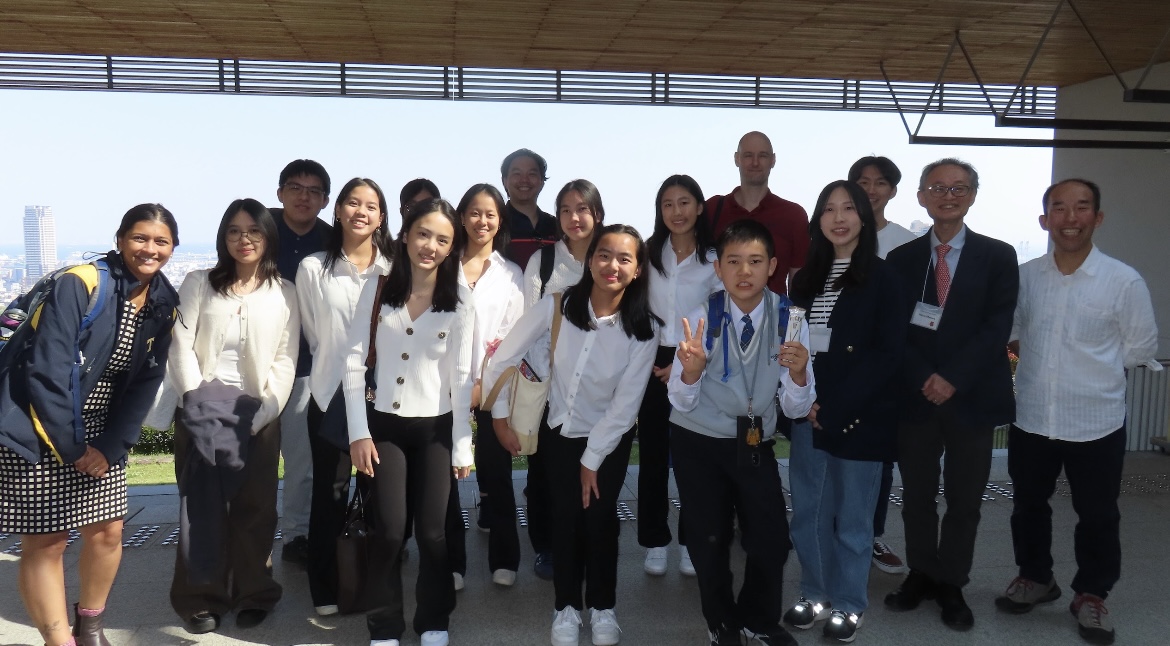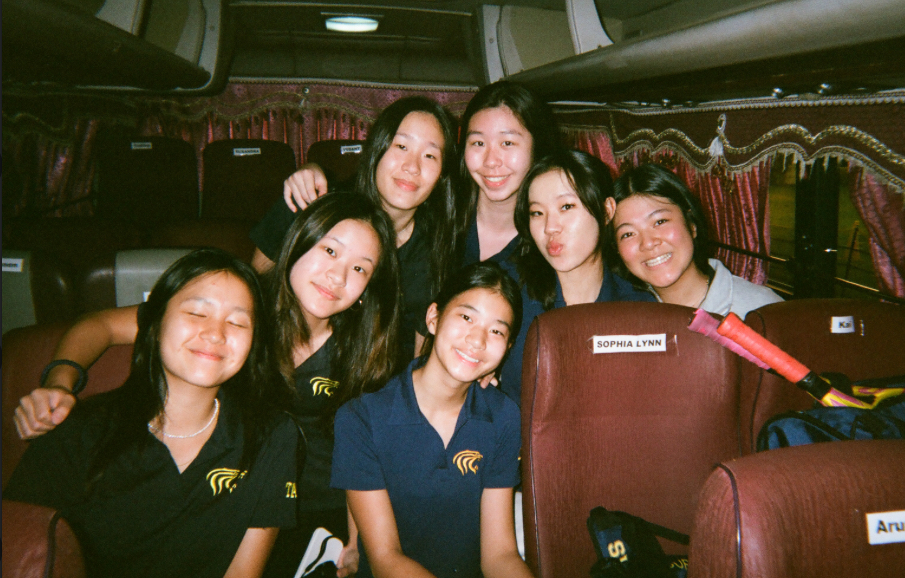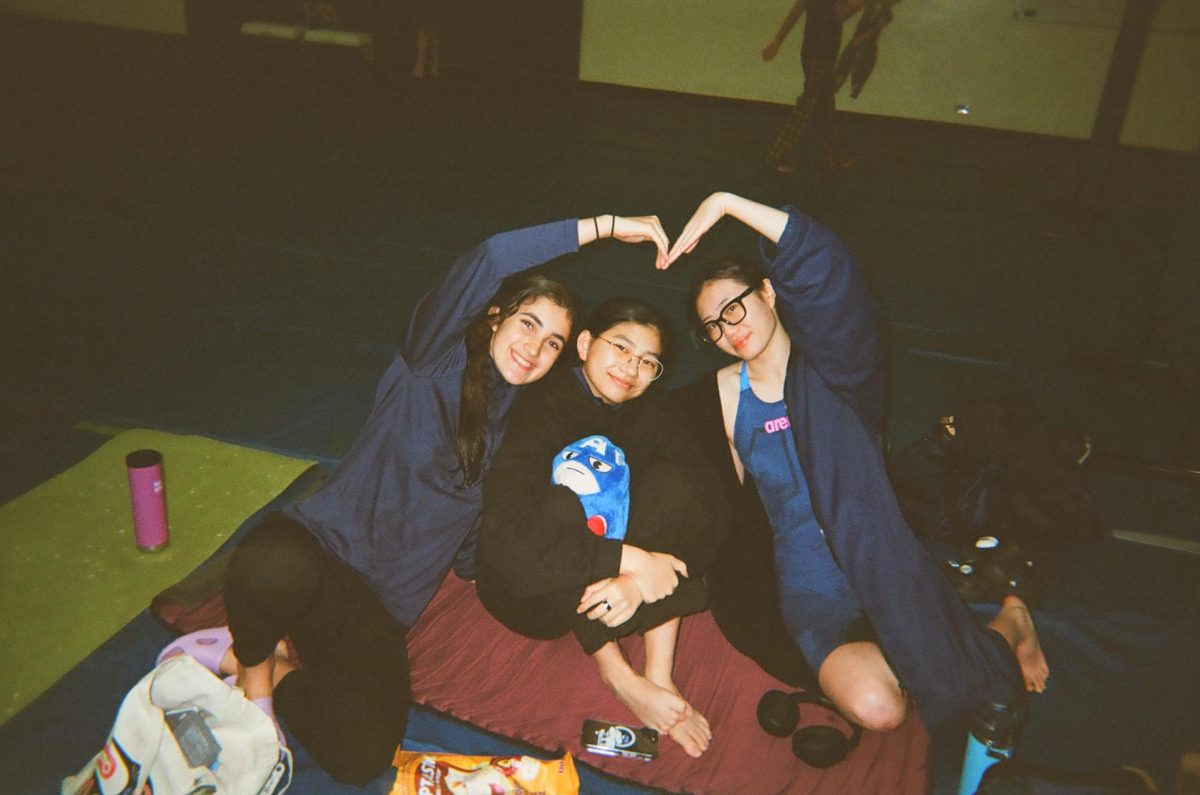Starting from Sept. 27, we will be posting articles written in response to this year’s The New York Times Asia-Pacific Writing Competition by The Blue & Gold. The prompt this year is “In an age where unpredictability is the new constant, what can you, the younger generation, do now to shape the future?”
The articles will be posted every Friday. Send us your thoughts and responses to the prompt to [email protected]!
Editor-in-Chief Charlotte Lee’s written response was shortlisted for last year’s competition:
Nostalgia: How Digital Technology Revives Unexpected Childhood Memories
There is nothing as puzzling as when my mother realized that I had been using her old film camera two summers ago. I had unearthed this ‘90s relic from the dusty shelves of my grandmother’s bedroom. Intrigued by the clunky piece of metal, I carried it around with me, until I had finally collected enough photos to develop.
To my disdain, the lady at the photo store told me it would cost me USD $10 to print the photos out. So being the tech-savvy Generation Z kid I was, I popped a microSD out of my phone and asked her to upload the photos digitally instead.
Three days later, I scrolled through my camera roll and showed my mom the photos. “You used my camera to take film and then ended up with them on your phone?” she said, shaking her head, then proceeding to reminisce out loud about how she used to develop her own film in her school’s darkroom.
Digital technology has made itself prevalent in almost every aspect of life, creating a culture often criticized by older generations, who scream “addiction” like a battle cry and claim that these days, kids’ heads are permanently tilted towards tiny screens. But these criticisms overlook the fact that technology has created a unique culture that allows for communication that only those who grew up in it can truly understand.
A generation of older observers sees a train full of young commuters with eyes glued onto the phones in their laps. My cousin can’t eat dinner without an iPad in front of him. These, admittedly, are not aspects of today’s culture that I am proud of. But these qualities aren’t new. We have always been creatures with obsessive tendencies—addiction and consumerism existed long before Candy Crush and Snapchat, so perhaps, we need to reconsider who is really at fault. More importantly, technology has helped develop a web of connections between people where it was never possible before.
When my brother left Taipei to attend college in America, he experienced a huge culture shock. Though he studied in international schools his whole life, I doubt that anything really prepared him for waking up everyday and seeing white students as a regular occurrence. Perhaps a little intimidated by the unfamiliar, he joined a Facebook group called “Subtle Asian Traits” that specializes in posting hilarious memes about the peculiarities of an Asian-American upbringing. From 12,000 kilometers away, my brother tagged me in posts reminding me about how our very Asian parents ruthlessly forced us to learn piano.
In an age of increasing diversity and immigration, it was a Facebook meme group that bonded 300,000 Asian-Americans who, like me, have difficulty putting into words what it feels like to grow up in the strange overlap between Chinese and Western culture. It was a Facebook meme group that made me laugh with my brother halfway across the globe.
While there are aspects of digital technology that are unproductive, this generation shouldn’t feel guilted into resisting their own culture. If our parents are allowed to take pride in the good old days of film photography, there is no reason why in 20 years, we shouldn’t be able to think fondly upon meme groups that connected distraught third culture siblings. The internet may seem like a daunting place—but there is something very innocent about its ability to momentarily revive our long forgotten childhood laughs.
Your submissions wanted: In an age where unpredictability is the new constant, what can you, the younger generation, do now to shape the future?
September 23, 2019
0
Tags:




![[PHOTO COURTESY OF PIXABAY]](https://blueandgoldonline.org/wp-content/uploads/2025/03/white-18227_1280-1200x803.jpg)

![[PHOTO COURTESY OF PIXABAY]](https://blueandgoldonline.org/wp-content/uploads/2025/03/fire-6706674_1280-1200x800.jpg)
